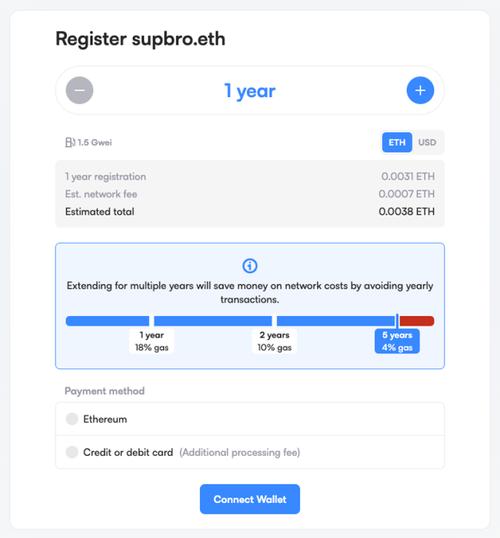
Understanding ENS and ETH Name: A Comprehensive Guide
Decentralized finance (DeFi) and blockchain technology have revolutionized the way we interact with digital assets. One of the key components of this ecosystem is the Ethereum Name Service (ENS), which allows users to register and manage domain names on the Ethereum blockchain. In this article, we will delve into the details of ENS and ETH Name, exploring their functionalities, benefits, and the impact they have on the blockchain landscape.
What is ENS?
The Ethereum Name Service (ENS) is a decentralized naming system that enables users to register and manage domain names on the Ethereum blockchain. It was created to provide a more user-friendly way to interact with smart contracts and decentralized applications (DApps) by replacing long, complex Ethereum addresses with human-readable names.

ENS operates on a hierarchical domain name system, similar to the traditional DNS used on the internet. Users can register domain names such as “myname.eth” or “mybusiness.eth” and then point these names to various Ethereum addresses, including wallet addresses, smart contracts, and DApps.
How does ENS work?
ENS is built on top of the Ethereum blockchain and utilizes smart contracts to manage the registration, renewal, and resolution of domain names. Here’s a brief overview of how it works:
-
Registration: Users can register domain names through ENS registrars. These registrars are third-party services that facilitate the registration process and handle the payment of registration fees.
-
Renewal: Domain names can be renewed annually to maintain ownership. Users can renew their domain names through the same registrar or by directly interacting with the ENS smart contract.

-
Resolution: When a user enters a domain name in a web browser or interacts with a DApp, the ENS resolver translates the domain name into the corresponding Ethereum address. This address can be a wallet address, a smart contract address, or any other Ethereum address.
Benefits of ENS
ENS offers several benefits to users and developers in the Ethereum ecosystem:
-
User-friendly: ENS provides a more intuitive and accessible way to interact with Ethereum addresses, making it easier for non-technical users to engage with the blockchain.
-
Security: By using ENS, users can avoid the risk of mistyping Ethereum addresses, which can lead to loss of funds. ENS ensures that the correct address is resolved, reducing the likelihood of errors.
-
Scalability: ENS can help improve the scalability of Ethereum by reducing the need for users to interact with complex addresses. This can lead to faster and more efficient transactions.
-
Customization: Users can create unique and memorable domain names for their Ethereum addresses, enhancing their brand and personal identity.
ETH Name: The Next Generation of ENS
ETH Name is an innovative project that builds on the ENS framework to provide even more advanced features and functionalities. Here’s what makes ETH Name unique:
-
Interoperability: ETH Name aims to create a unified naming system that can be used across different blockchains, not just Ethereum. This will enable users to register and manage domain names on multiple blockchains using a single interface.
-
Customizable Resolvers: ETH Name allows users to create their own resolvers, which can be used to resolve domain names to different types of addresses, such as Ethereum addresses, IPFS hashes, or even off-chain data.
-
Decentralized Governance: ETH Name is governed by a decentralized autonomous organization (DAO), which ensures that the project remains open, transparent, and community-driven.
Table: Comparison of ENS and ETH Name
| Feature | ENS | ETH Name |
|---|---|---|
| Blockchain Compatibility | Ethereum | Multiple blockchains (Ethereum, Binance Smart Chain, etc.) |
| Customizable Resolvers | No | Yes |
Decentralized Governance
Related Stories |



